Have you ever noticed how some cats seem to wear their emotions on their furry sleeves? It might surprise you to learn that certain cat breeds are especially sensitive to changes in their lives—like losing a companion or moving homes. These cats can grieve just as deeply as we do, but with gentle care and affection, they often bounce back stronger than ever. If you’re a cat lover, what you’re about to discover might just change how you see your feline friend forever.
The Emotional World of Cats

Cats are often thought of as independent and aloof, but beneath their calm exteriors lies a world rich with emotion. Like people, cats form attachments—not just to their humans, but to fellow pets and their environment. When they lose a beloved companion or experience major change, their behavior can shift dramatically. Some may become withdrawn, while others could show signs of anxiety or depression. Understanding this hidden emotional life helps us support our cats during tough times. A simple gesture, like an extra cuddle or a favorite toy, can make all the difference for a grieving feline.
Persian Cats: Sensitive Souls in Silky Coats

Persian cats are famous for their luxurious coats and gentle demeanor. What isn’t as well-known is their deep sensitivity to change. These cats often become very attached to their families, and the loss of a companion—human or animal—can hit them hard. They might retreat to quiet corners, lose interest in play, or even stop eating. However, Persians are also incredibly receptive to affection. With patience, soft words, and gentle petting, they gradually find comfort and rediscover their zest for life. Their resilience is a testament to the healing power of love.
Sphynx Cats: Bare but Brave Hearts
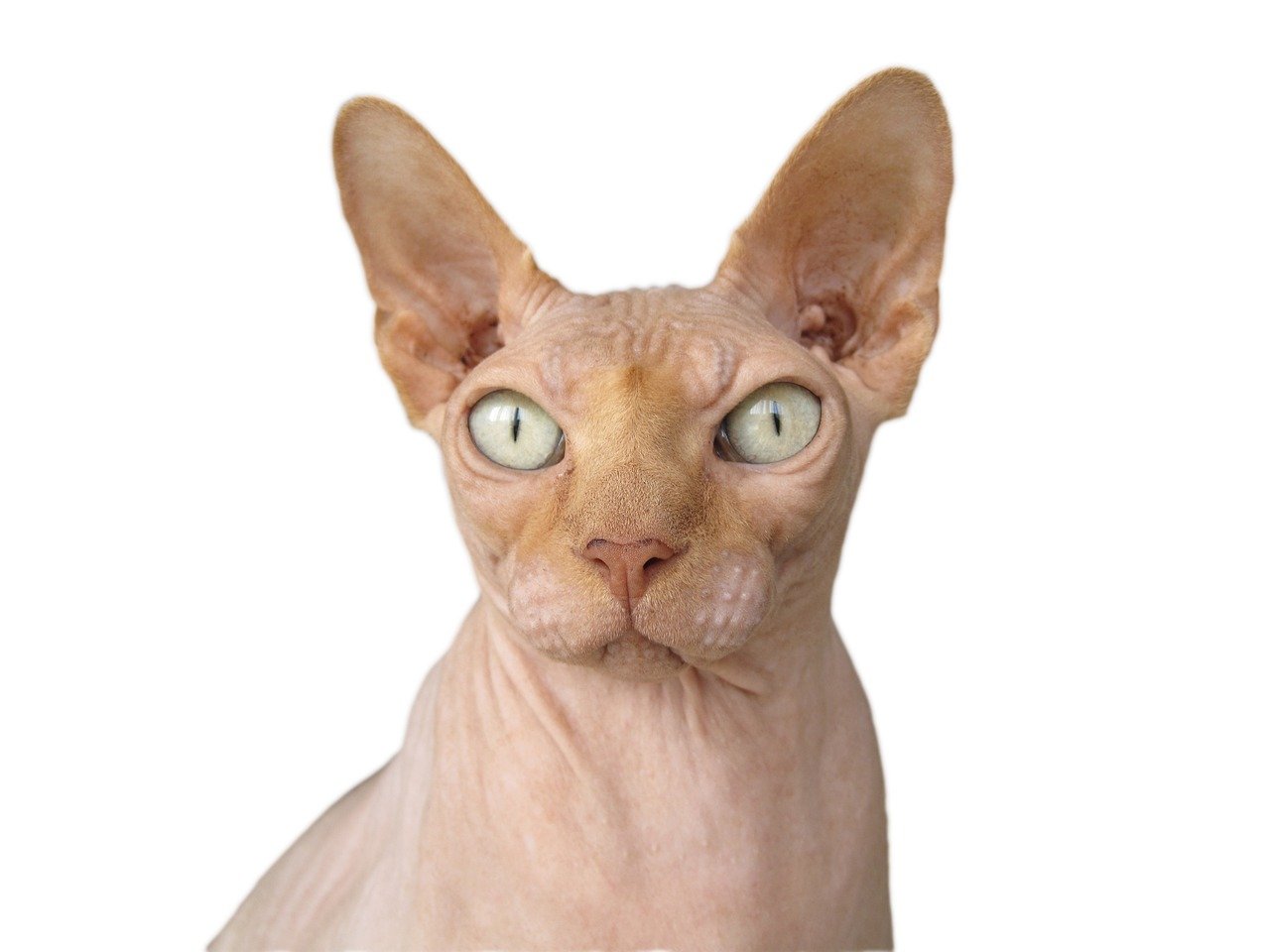
The Sphynx may lack fur, but they make up for it with big personalities and even bigger hearts. This breed is known for forming intense bonds with their owners. When separated from someone they love, Sphynx cats often show their sadness openly—seeking more attention or vocalizing their distress. Their need for warmth is both physical and emotional. Extra snuggle time and interactive play sessions are vital for helping them heal. These unique cats remind us that vulnerability and strength often go hand in hand.
Siamese Cats: Vocal About Their Feelings
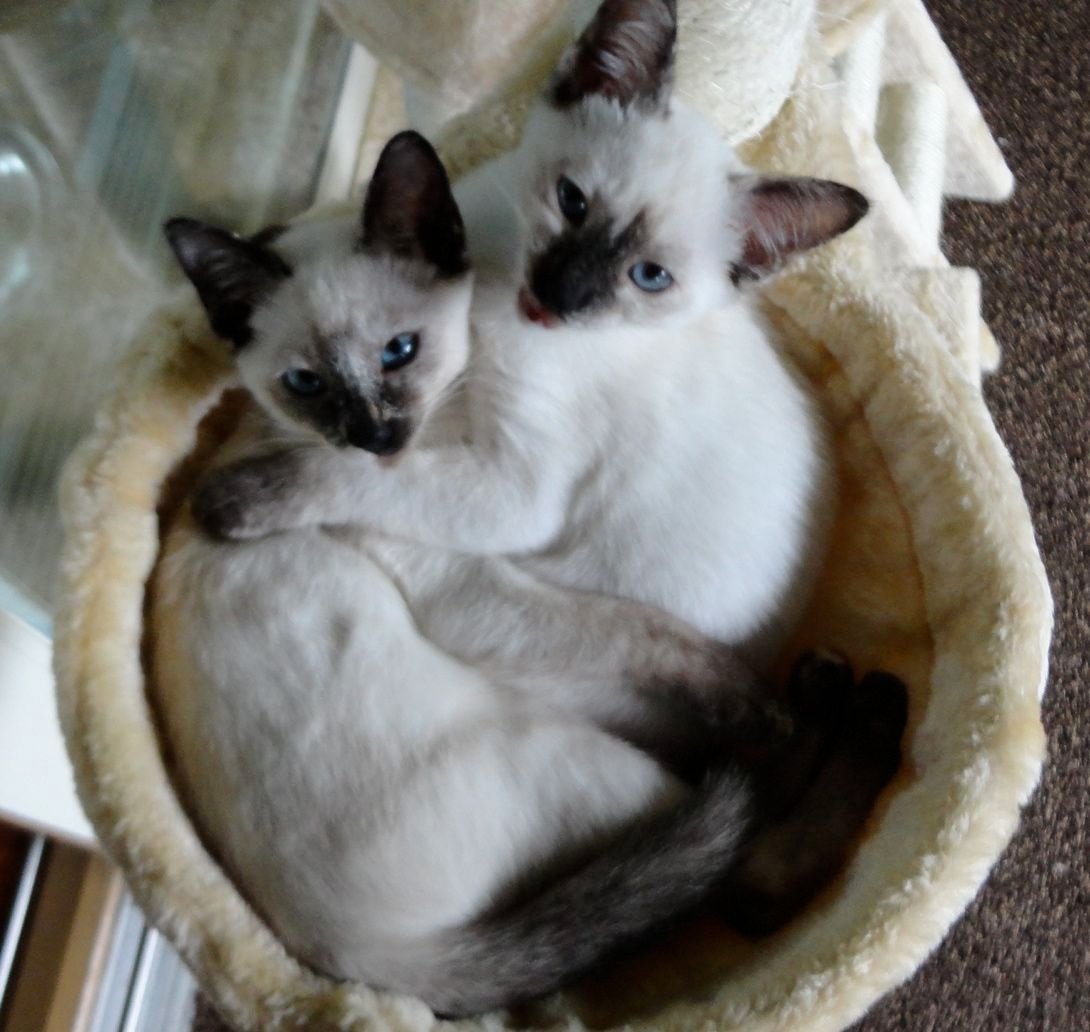
Siamese cats are as famous for their expressive voices as they are for their striking looks. When they experience loss, they don’t hide their feelings—they’ll often meow, yowl, or even follow their humans from room to room seeking comfort. Their sociable nature means they feel absence deeply, often refusing food or becoming restless. But Siamese cats are also quick to recover when they feel secure and loved. Regular routines, extra play, and lots of gentle conversation help them regain their confidence and happiness.
Ragdoll Cats: Gentle Giants With Fragile Hearts

Ragdolls are known for their affectionate, laid-back personalities. They thrive on companionship and routine, so the loss of a friend can shake them to their core. You might notice a Ragdoll spending more time alone or acting listless after a loss. Yet, these gentle giants are remarkably resilient when surrounded by warmth and patience. Consistent affection, soothing words, and a calm environment help them find their way back to their playful, loving selves.
Scottish Fold Cats: Quietly Grieving
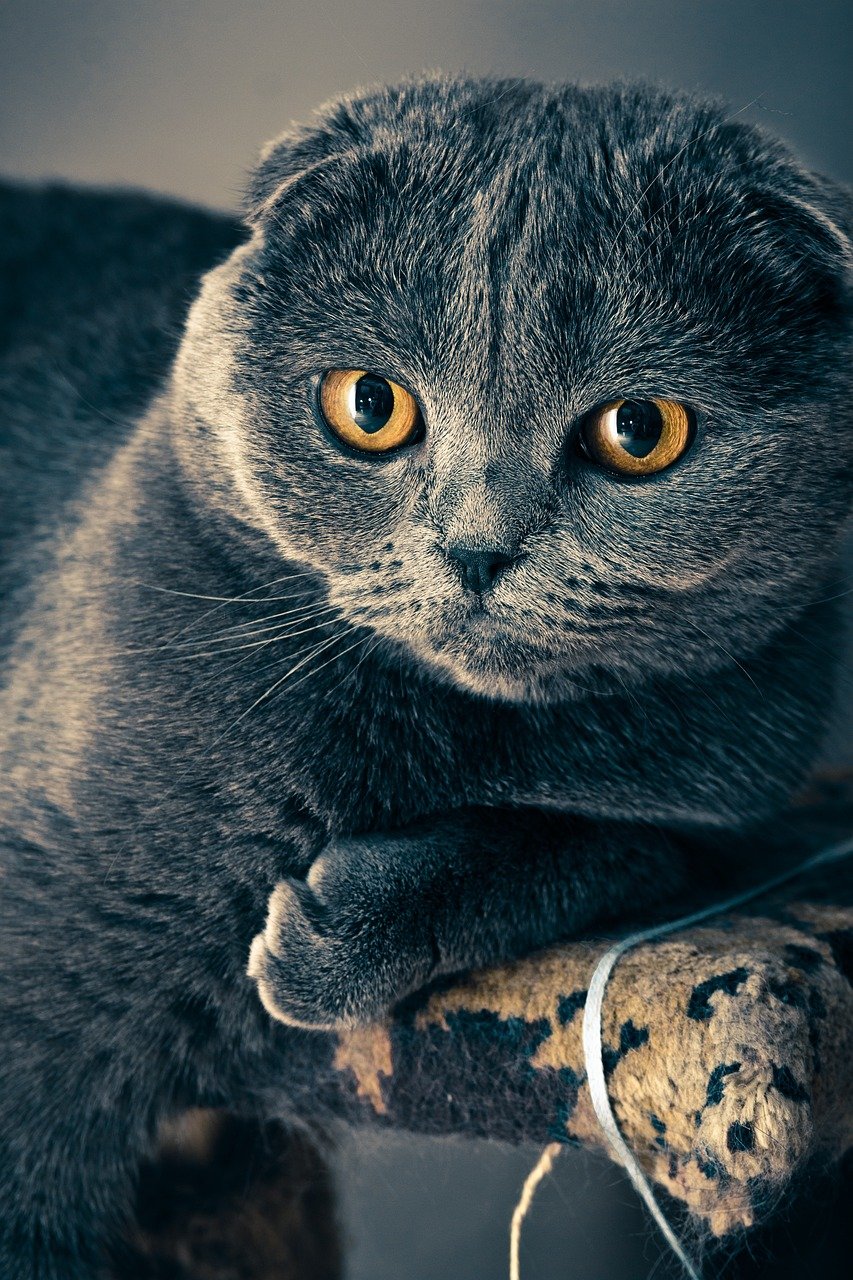
With their folded ears and sweet expressions, Scottish Folds seem perpetually calm. However, they can be deeply affected by the loss of a loved one. Instead of acting out, Scottish Folds often withdraw quietly, choosing solitude over socialization. Their sadness may show in subtle ways—reduced appetite, less grooming, or a lack of interest in toys. Gentle encouragement and soft-spoken reassurance can coax them out of their shells, reminding them that the world still holds joy and comfort.
Maine Coon Cats: Big Cats With Bigger Feelings

Maine Coons are the gentle giants of the cat world, beloved for their loyalty and playful spirit. While they may appear tough, these cats are incredibly sensitive to loss, especially if they lose a close companion. They might search for the missing friend or sit by favorite spots, waiting for their return. Maine Coons need time to process their grief, but they flourish when surrounded by loving humans. Extra playtime, brushing sessions, and patience help them heal, allowing their affectionate side to shine once more.
Burmese Cats: Seeking Comfort in Company
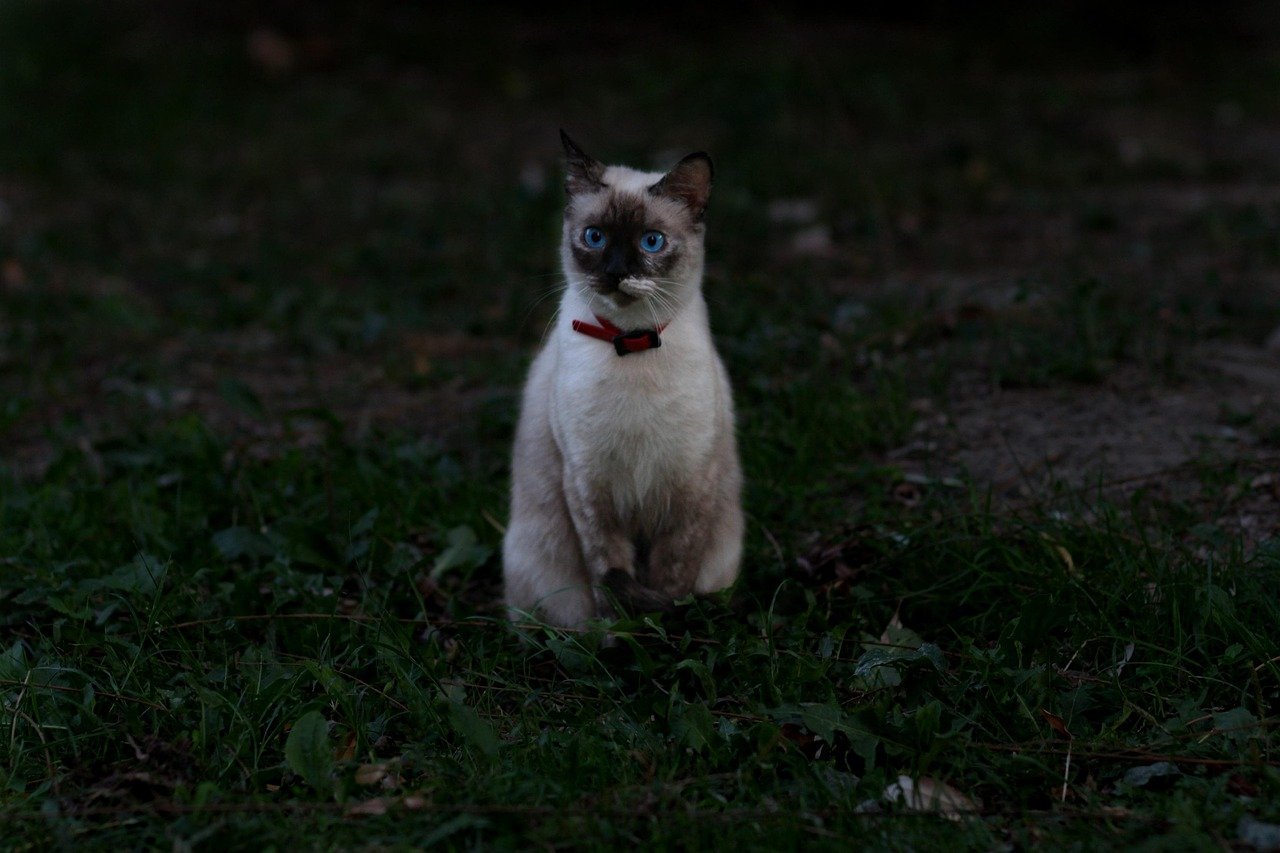
Burmese cats are highly social and can become anxious or depressed when a familiar face disappears. Their need for companionship means they often grieve openly—following their humans, meowing more than usual, or even displaying destructive behavior. The best way to help a Burmese cat recover is by offering consistent attention and engaging activities. With time, patience, and plenty of love, these charming cats rediscover their playful, affectionate nature.
Devon Rex Cats: Sensitive Spirits With Playful Energy
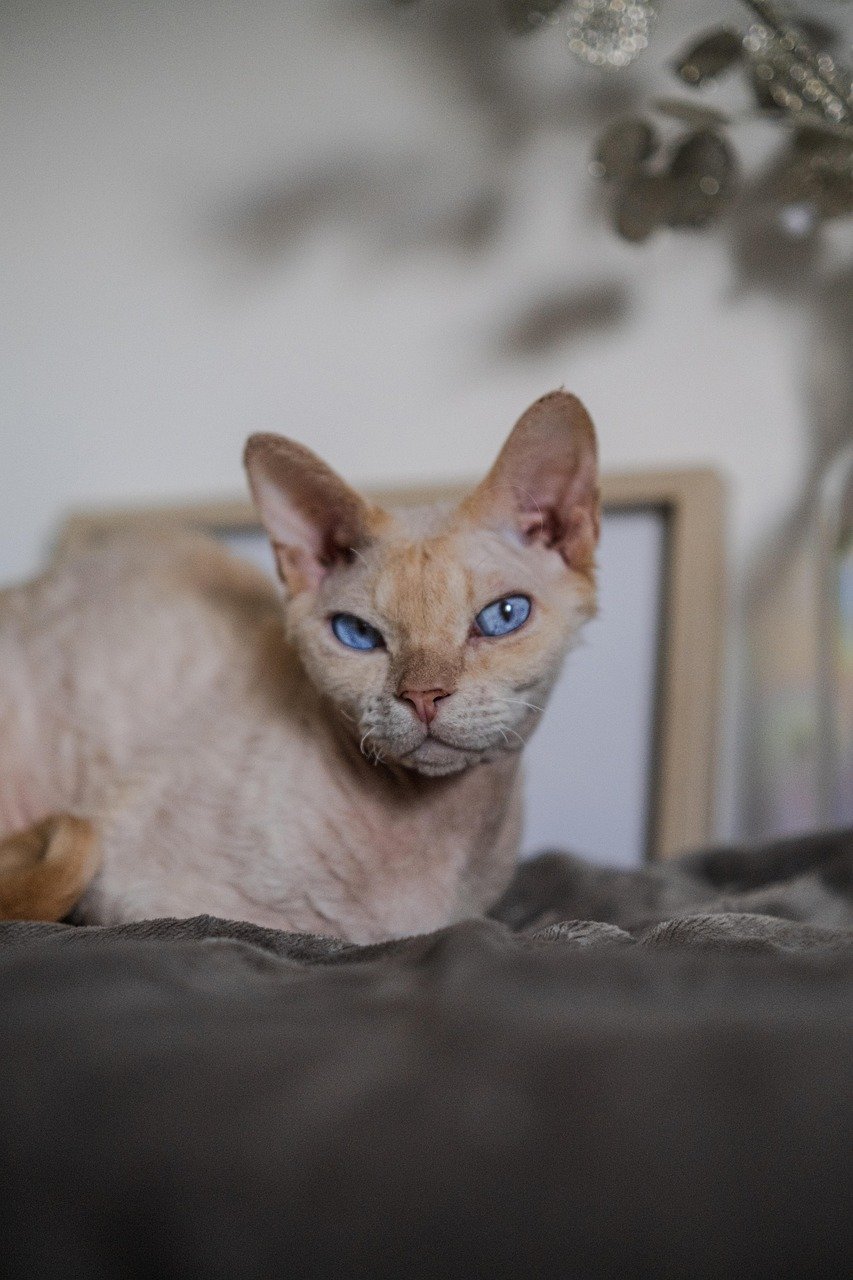
Devon Rex cats have a reputation for being mischievous and playful, but they’re also known for their emotional depth. When faced with loss, they may become clingy or anxious, sticking close to their owners for reassurance. Their sensitive spirits crave stability and affection. To help them bounce back, interactive toys and dedicated playtime work wonders. Even a simple lap session can remind a Devon Rex that they are cherished and safe.
British Shorthair Cats: The Stoic Grievers
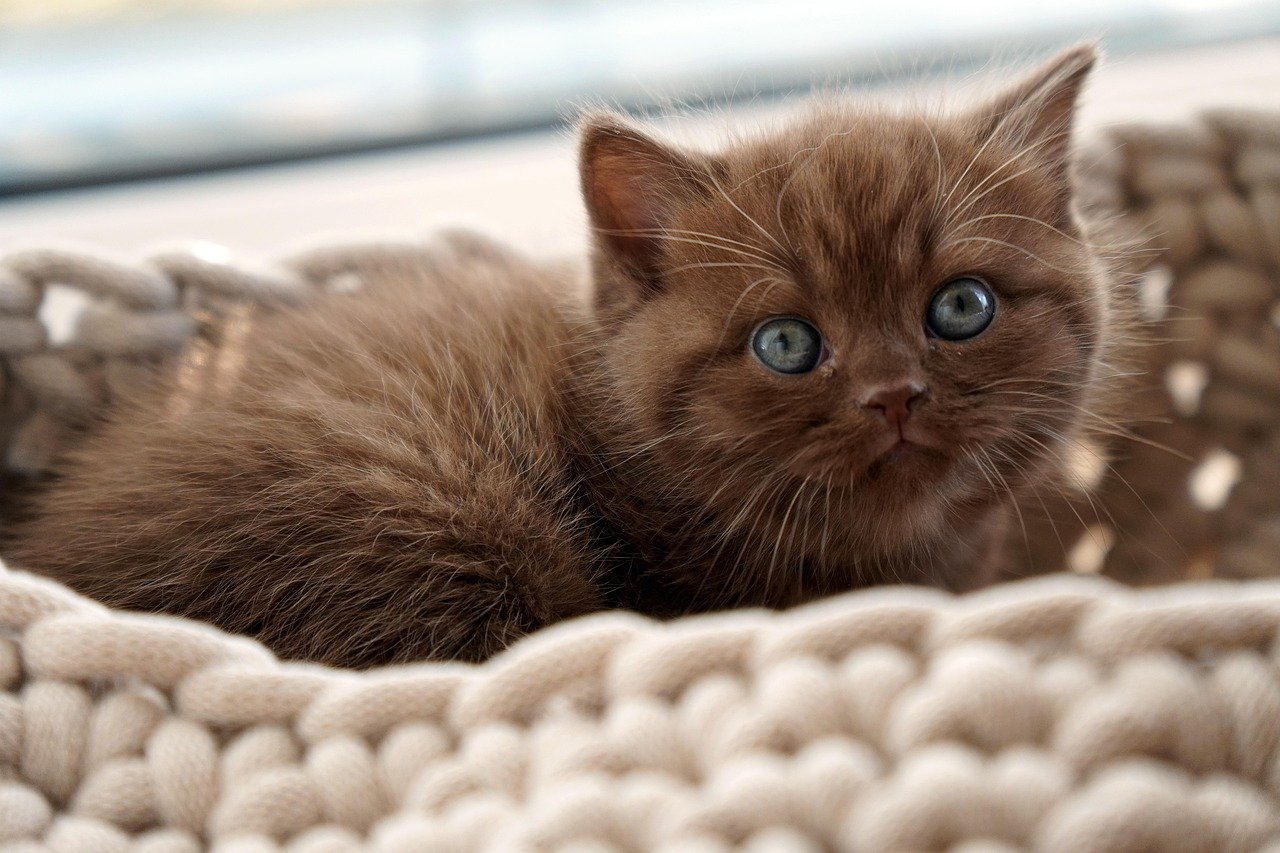
British Shorthairs are often seen as calm and reserved, but they too feel loss deeply. Instead of dramatic displays, they tend to grieve quietly—spending more time alone or sleeping more than usual. Despite their stoic exterior, these cats appreciate gentle company and soft words. Providing a sense of routine and security can help them process their emotions. Over time, they regain their composure and return to their dignified, affectionate selves.
Oriental Shorthair Cats: Expressive and Emotional

Oriental Shorthairs are lively, communicative, and deeply attached to their families. When they experience loss, they might become more vocal or even act out in frustration. Their expressive personalities mean they need reassurance and plenty of interaction. Engaging them with new toys or teaching simple tricks can redirect their energy and help them heal. With love and patience, they transform their sadness into playful curiosity once again.
Turkish Angora Cats: Delicate and Devoted

Turkish Angoras are elegant cats with a strong need for companionship. The absence of a close friend can leave them feeling lost and anxious. They may seek constant attention or hide away, unsure of their changed world. Providing a calm environment and spending extra time together helps reassure them. Gradually, Turkish Angoras regain their confidence, revealing their affectionate and curious personalities once more.
Birman Cats: The Empathetic Companions

Birman cats are gentle, empathetic creatures who often mirror the moods of their families. When they sense loss, they can become somber, seeking solace in familiar routines or favorite spots. Their intuitive nature means they respond well to kindness and gentle handling. Regular play and quiet companionship help Birmans recover, restoring their serene and loving spirit.
Russian Blue Cats: Sensitive Yet Resilient

Russian Blues are known for their loyalty and sensitive natures. They often become attached to one person or animal, and the sudden loss of that bond can leave them feeling vulnerable. These cats might hide or act aloof, but beneath the surface, they crave reassurance. Soft voices, gentle strokes, and maintaining daily routines are key to helping a Russian Blue heal. Slowly, their trust and playful side return.
Tonkinese Cats: Clingy in Grief
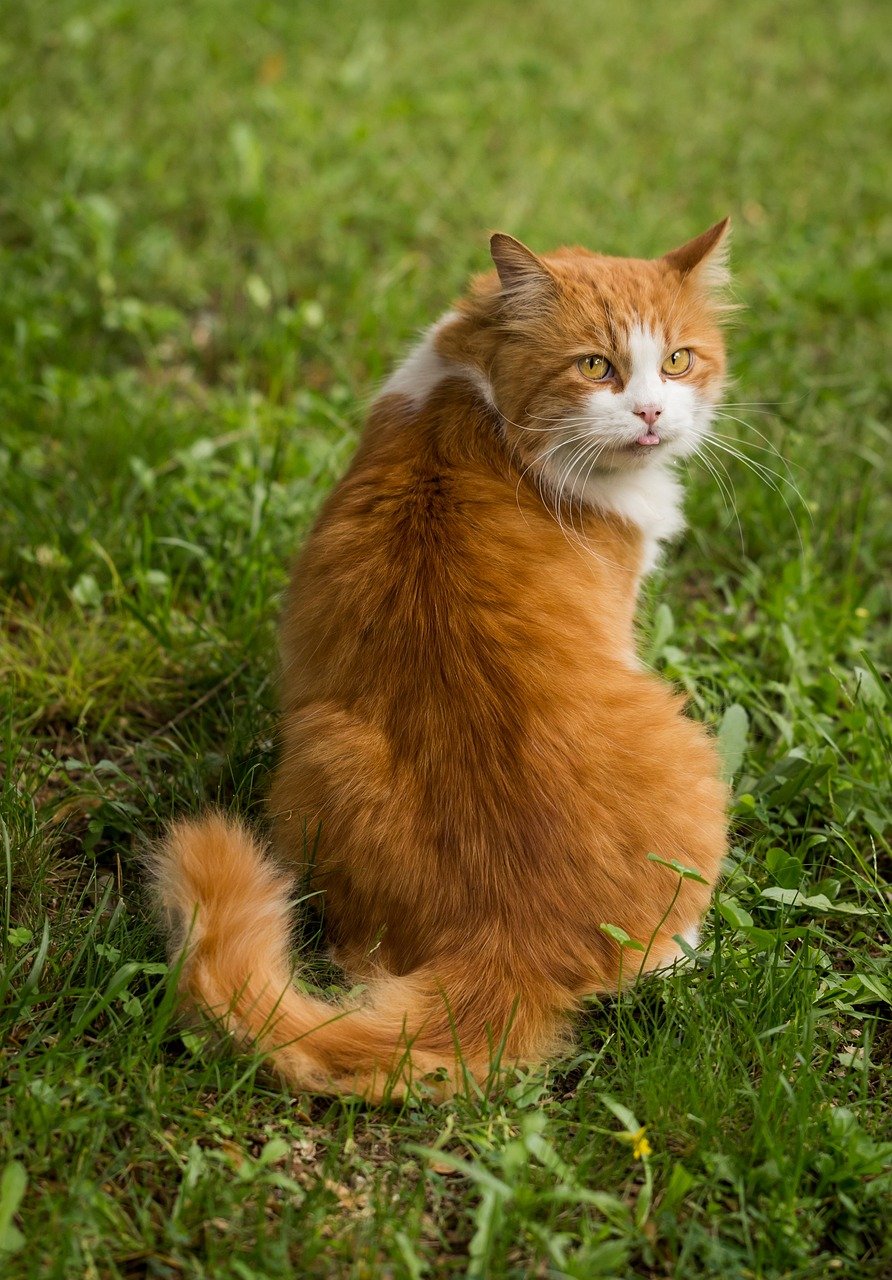
Tonkinese cats thrive on interaction and can become clingy or anxious when faced with loss. They may follow their owners everywhere, seeking comfort and reassurance. Their playful energy can turn into restlessness or even mischief if not redirected. Introducing new toys or engaging games can help distract them from their sadness. With time and affection, Tonkinese cats rediscover their cheerful, social selves.
American Curl Cats: Adaptable but Emotional
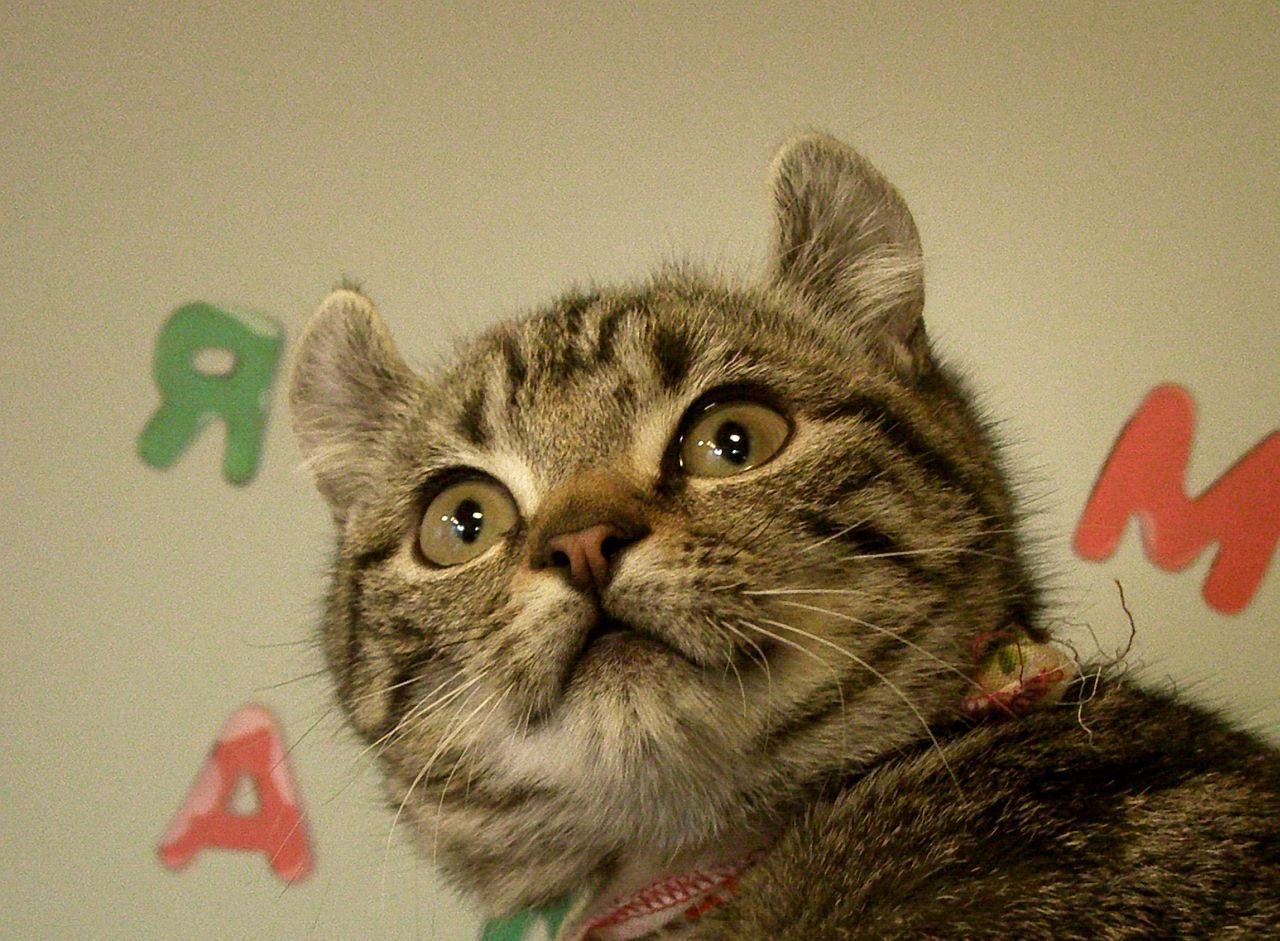
American Curl cats are adaptable and friendly, but they aren’t immune to grief. The loss of a friend can make them more withdrawn or less interested in play. They respond well to gentle encouragement and new experiences, which can help them adjust. Spending extra time together and introducing positive changes in their environment can aid in their recovery, allowing their curiosity and affection to flourish again.
Norwegian Forest Cats: Sensitive Adventurers

Norwegian Forest cats are adventurous and independent, yet they form strong bonds with loved ones. When they lose a companion, they may explore less and spend more time alone. Their sensitivity means they benefit from extra patience and understanding. Gentle grooming and interactive play can coax them out of their sadness. With loving support, these majestic cats regain their adventurous spirit.
Himalayan Cats: Quietly Yearning for Comfort
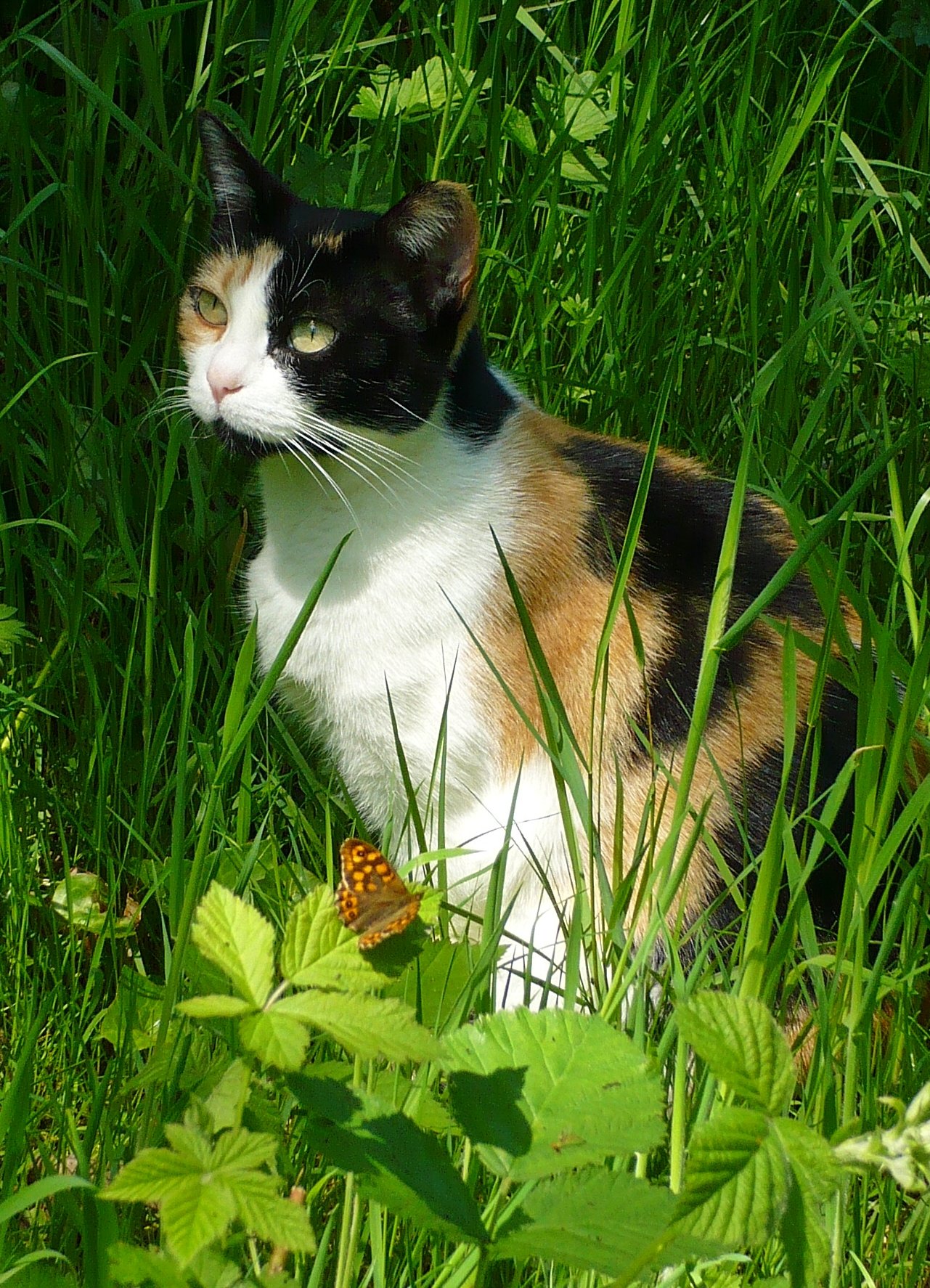
Himalayan cats are calm and affectionate, often forming strong attachments. In times of loss, they may withdraw and show less interest in their surroundings. Their quiet yearning for comfort can be eased with soft words, gentle petting, and a stable routine. Creating a peaceful environment helps them feel secure, eventually restoring their confidence and affection.
Japanese Bobtail Cats: Grieving With Curiosity
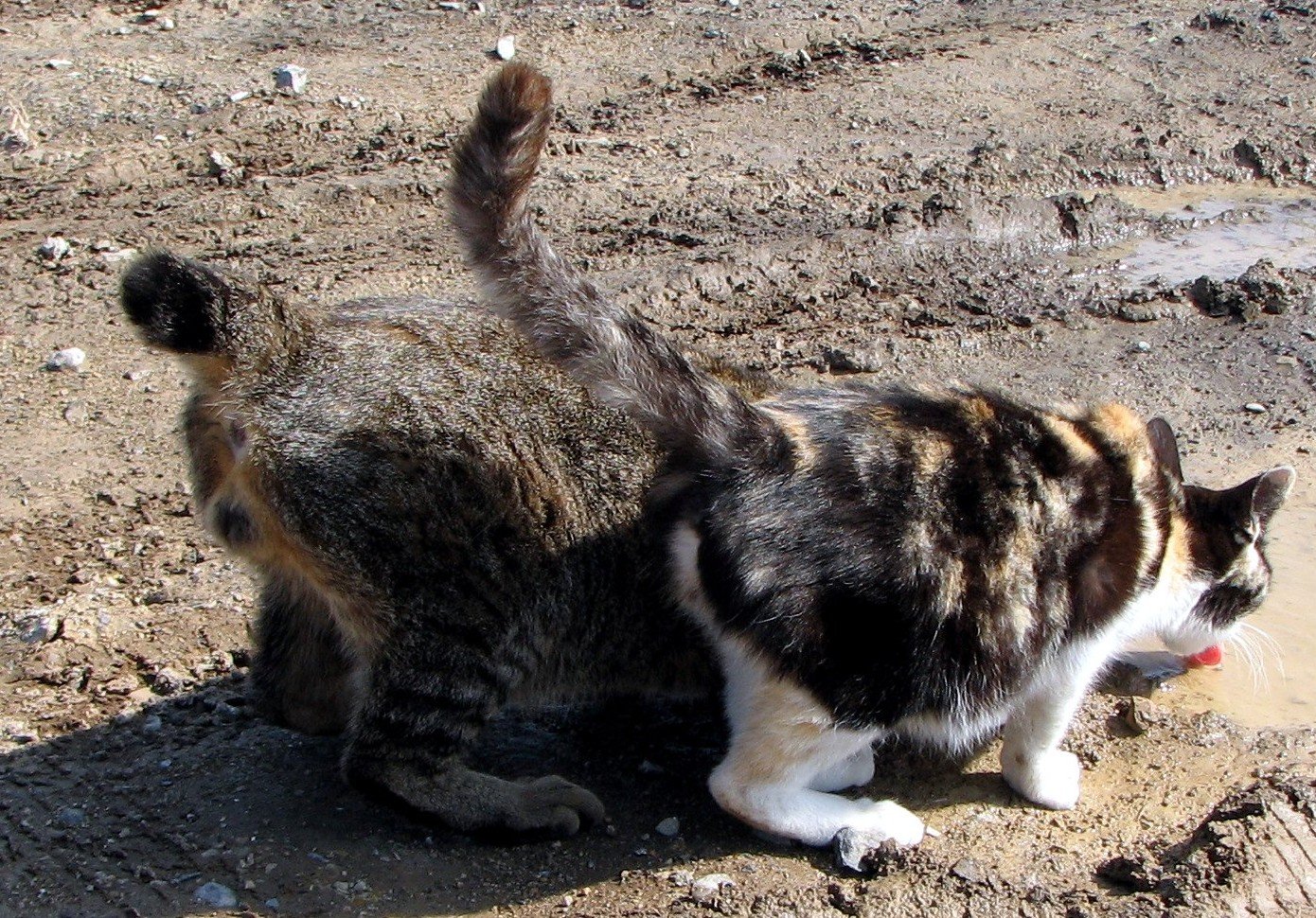
Japanese Bobtails are curious and energetic, but loss can dampen their lively spirits. They may search for their missing friend or seem less interested in play. Their natural curiosity, however, can be harnessed to help them heal. Introducing new toys or experiences can reignite their sense of adventure, guiding them back to their cheerful, inquisitive selves.
Chartreux Cats: Steadfast Yet Sensitive
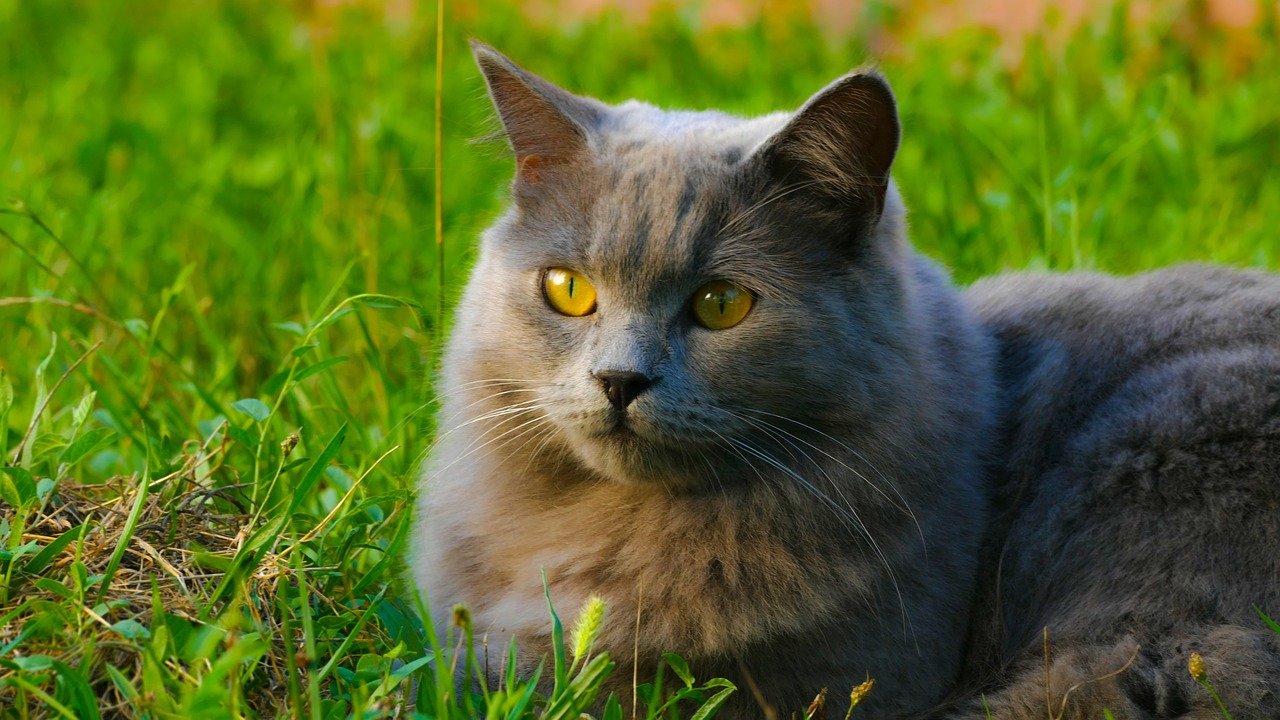
Chartreux cats are known for their calm and steady nature, but they too are affected by loss. They might become quieter, spending more time observing from a distance. Their sensitivity can be soothed by maintaining familiar routines and offering gentle affection. Over time, Chartreux cats adapt, allowing their playful and loving nature to reemerge.
Turkish Van Cats: Playful Spirits Needing Reassurance
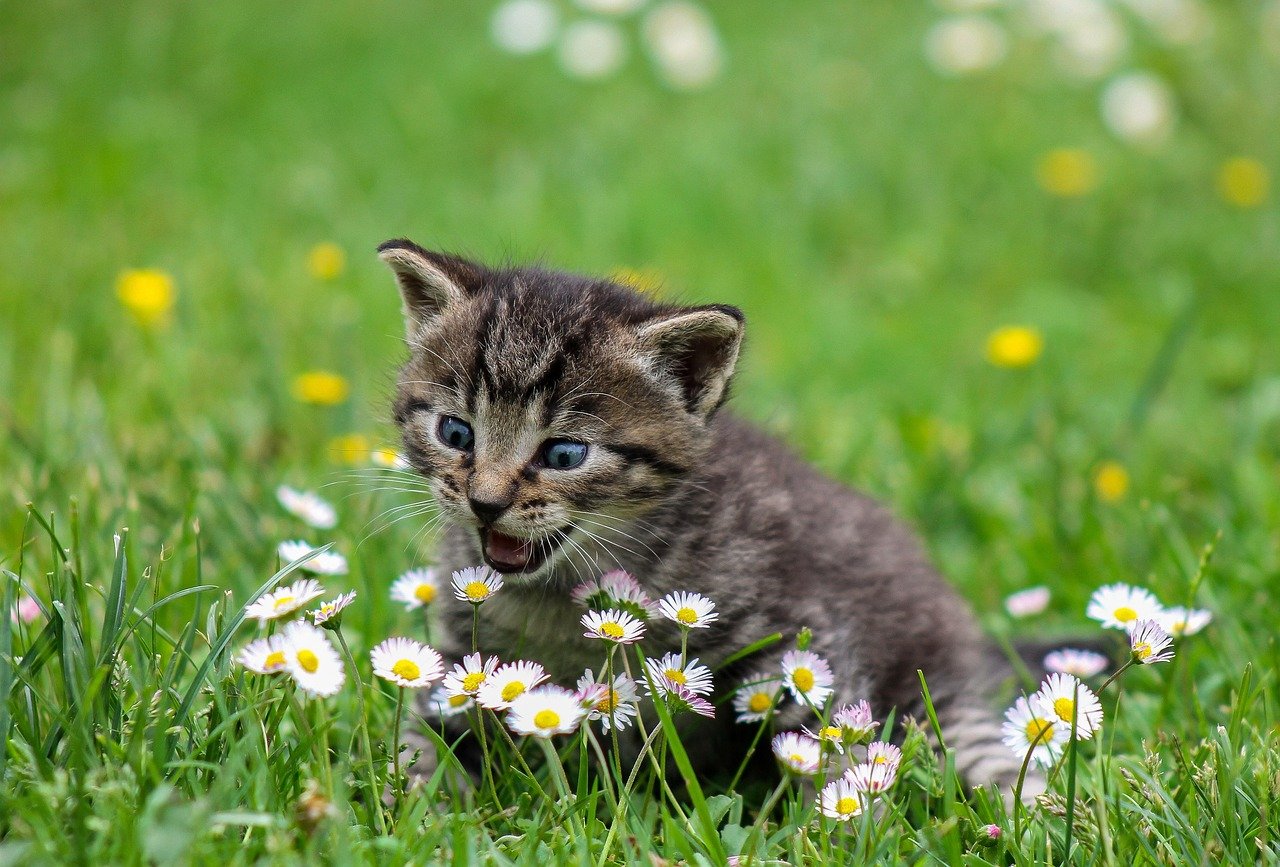
Turkish Vans are playful and energetic, but the absence of a loved one can leave them feeling insecure. They may become less active or seek constant reassurance from their humans. Interactive play and consistent routines provide the stability they crave. With continued love and attention, Turkish Vans regain their confidence and return to their joyful, exuberant ways.
Hi, I’m Bola, a passionate writer and creative strategist with a knack for crafting compelling content that educates, inspires, and connects. Over the years, I’ve honed my skills across various writing fields, including content creation, copywriting, online course development, and video scriptwriting.
When I’m not at my desk, you’ll find me exploring new ideas, reading books, or brainstorming creative ways to solve challenges. I believe that words have the power to transform, and I’m here to help you leverage that power for success.
Thanks for stopping by, Keep coming to this website to checkout new articles form me. You’d always love it!






